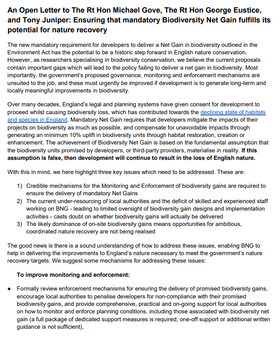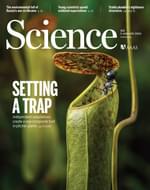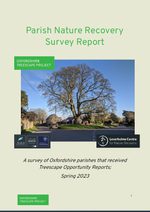Reflections on COP30 in Belém
Researchers from across the University of Oxford were at COP30 in Belém, taking part in side events, presenting new research, and working with partners to support the negotiations and inform the wider political process. They included the Directors of two of our major programmes, Nathalie Seddon from our Agile initiative and Thomas Hale from the Oxford Martin Programme on Climate Policy.







